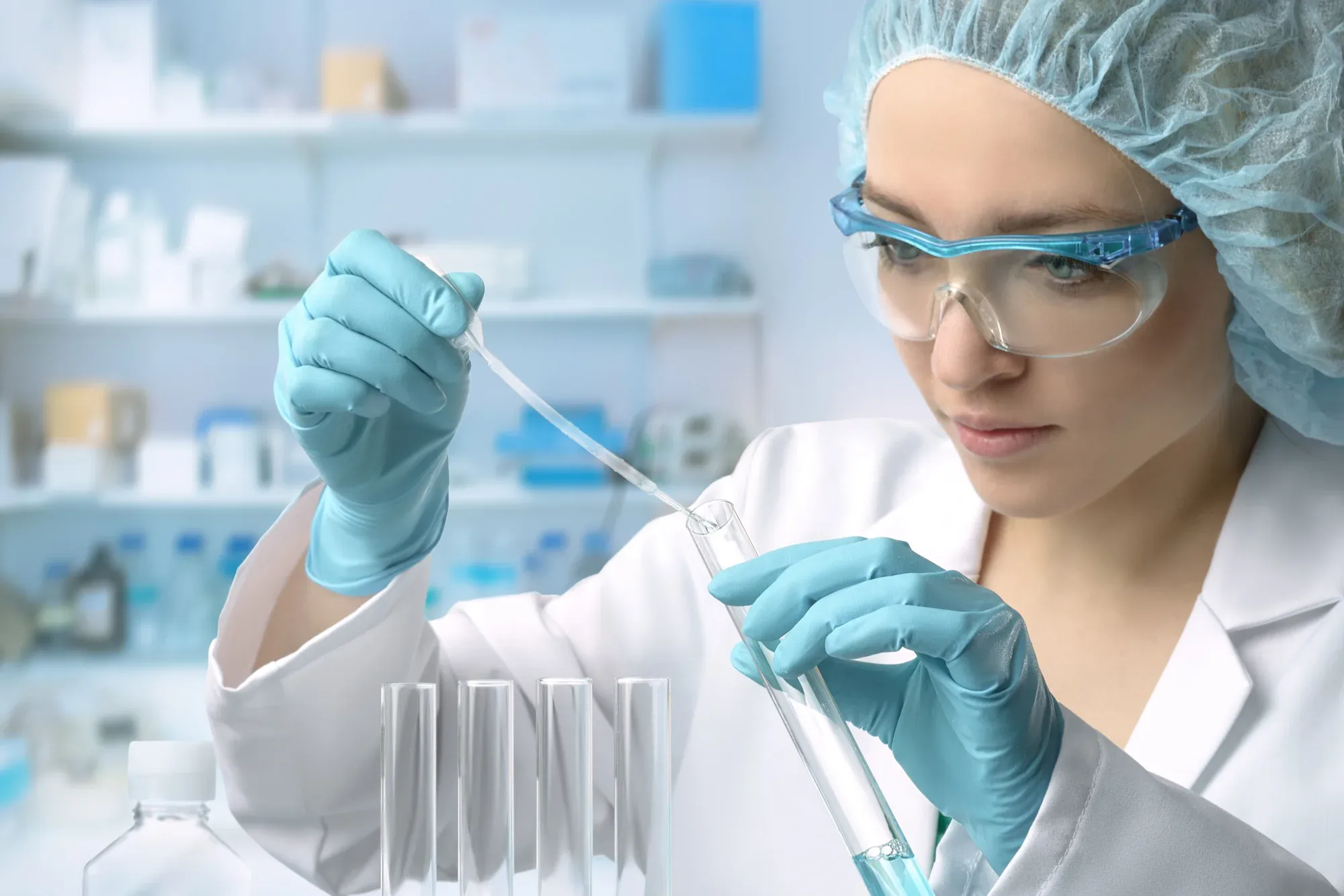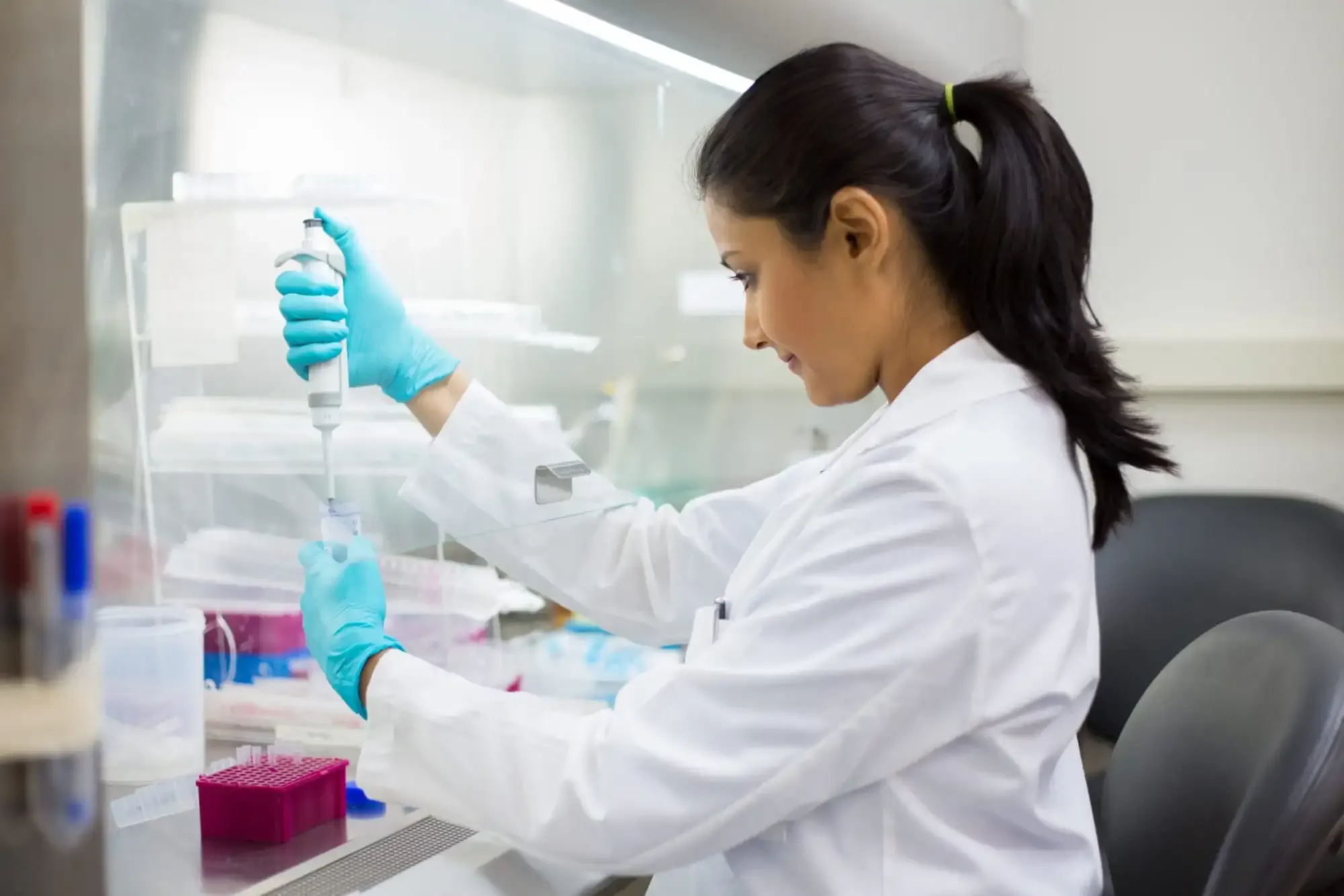Medical laboratory technicians (MLTs) play a crucial role in the healthcare system by providing essential diagnostic information to physicians. They are the unsung heroes behind the scenes, ensuring that tests are conducted accurately and efficiently. This article delves into the responsibilities, qualifications, skills, work environment, and career opportunities of medical laboratory technicians.
What is a Medical Laboratory Technician?

A medical laboratory technician is a healthcare professional who performs laboratory tests on biological specimens. These tests help diagnose diseases, monitor health conditions, and guide treatment decisions. MLTs work in various healthcare settings, including hospitals, clinics, and diagnostic laboratories.
Responsibilities of Medical Laboratory Technicians
The primary responsibilities of a medical laboratory technician include:
- Sample Collection: MLTs are trained to collect biological samples such as blood, urine, and tissue specimens from patients.
- Performing Tests: They conduct various tests, including hematology, microbiology, immunology, and clinical chemistry, using sophisticated laboratory equipment.
- Analyzing Results: MLTs analyze the results of laboratory tests and ensure their accuracy, which is crucial for proper patient diagnosis.
- Quality Control: Maintaining quality control procedures to ensure the reliability and accuracy of test results is a fundamental part of the job.
- Documenting Findings: MLTs document test results and communicate them to physicians, contributing to patient care decisions.
- Maintaining Equipment: They are responsible for the routine maintenance of laboratory equipment and troubleshooting any technical issues.
- Adhering to Safety Standards: MLTs must follow safety protocols to ensure a safe working environment, handling potentially hazardous materials.
Educational Requirements
To become a medical laboratory technician, individuals typically need an associate degree in medical laboratory technology or a related field. Some institutions also offer bachelor’s degrees. The curriculum usually includes courses in:
- Biology
- Chemistry
- Microbiology
- Mathematics
- Laboratory techniques
In addition to classroom instruction, hands-on clinical training is essential. Many programs offer internship opportunities where students can gain practical experience in a laboratory setting.
Certification and Licensure
While certification is not always mandatory, many employers prefer candidates who are certified. The American Society for Clinical Pathology (ASCP) and the National Credentialing Agency for Laboratory Personnel (NCA) offer certification exams for MLTs. To maintain certification, technicians must complete continuing education credits.
Skills Required
Successful medical laboratory technicians possess a mix of technical and interpersonal skills, including:
- Attention to Detail: Accurate test results depend on meticulous attention to detail.
- Analytical Skills: MLTs must be able to analyze complex data and make informed decisions based on test results.
- Technical Proficiency: Familiarity with laboratory equipment and software is essential.
- Communication Skills: MLTs need to communicate effectively with other healthcare professionals and sometimes with patients.
- Problem-Solving Skills: The ability to troubleshoot issues that may arise during testing is crucial.
Work Environment
MLTs typically work in sterile laboratory environments. They may work evenings, weekends, and holidays, depending on the healthcare facility’s needs. The job can be fast-paced, especially in hospitals, where they may handle multiple specimens simultaneously.
Career Opportunities
The demand for medical laboratory technicians is on the rise due to the increasing need for diagnostic testing in healthcare. Job opportunities can be found in various settings, including:
- Hospitals: MLTs in hospitals often work in emergency departments, outpatient clinics, and inpatient units.
- Diagnostic Laboratories: These facilities specialize in testing and analysis, providing services to healthcare providers.
- Research Laboratories: MLTs can also work in research settings, contributing to scientific studies and advancements in medical technology.
- Public Health Organizations: MLTs may work for government agencies, conducting tests to monitor public health.
Job Outlook and Salary
According to the U.S. Bureau of Labor Statistics (BLS), the employment of medical laboratory technicians is projected to grow by 11% from 2020 to 2030, much faster than the average for all occupations. The median annual wage for MLTs was approximately $55,000 as of May 2022, but salaries can vary based on factors such as location, experience, and education level.
Table: Overview of Medical Laboratory Technicians

| Category | Details |
|---|---|
| Job Title | Medical Laboratory Technician |
| Education | Associate degree or bachelor’s degree in medical technology |
| Certifications | ASCP, NCA |
| Key Skills | Attention to detail, analytical skills, technical proficiency, communication skills, problem-solving skills |
| Work Environment | Hospitals, diagnostic laboratories, research laboratories, public health organizations |
| Job Outlook | 11% growth from 2020 to 2030 |
| Median Salary | Approximately $55,000 annually |
FAQs
What is the difference between a medical laboratory technician and a medical laboratory technologist?
A medical laboratory technician typically holds an associate degree and performs basic laboratory tests, while a medical laboratory technologist usually has a bachelor’s degree and may conduct more complex tests and analyses.
What types of tests do medical laboratory technicians perform?
MLTs perform a variety of tests, including blood tests, urine tests, microbiological cultures, and tissue biopsies. They also conduct tests for diseases such as diabetes, HIV, and cancer.
Are there opportunities for advancement in this field?
Yes, MLTs can advance their careers by pursuing additional education, obtaining certifications, or specializing in a particular area of laboratory science. Some may move into supervisory or managerial roles.
How can one prepare for a career as a medical laboratory technician?
To prepare for a career as an MLT, prospective students should focus on science courses during high school, seek out accredited programs, and gain experience through internships or volunteer opportunities in healthcare settings.
What are the safety protocols that medical laboratory technicians must follow?
Medical laboratory technicians must adhere to safety protocols such as wearing personal protective equipment (PPE), properly handling and disposing of hazardous materials, and following standard operating procedures to minimize risks in the laboratory environment.
The role of medical laboratory technicians is vital to the healthcare industry. With the growing demand for accurate diagnostic testing, this profession offers numerous opportunities for individuals interested in contributing to patient care. By understanding the responsibilities, educational requirements, and career prospects, aspiring MLTs can make informed decisions about their future in this rewarding field.



